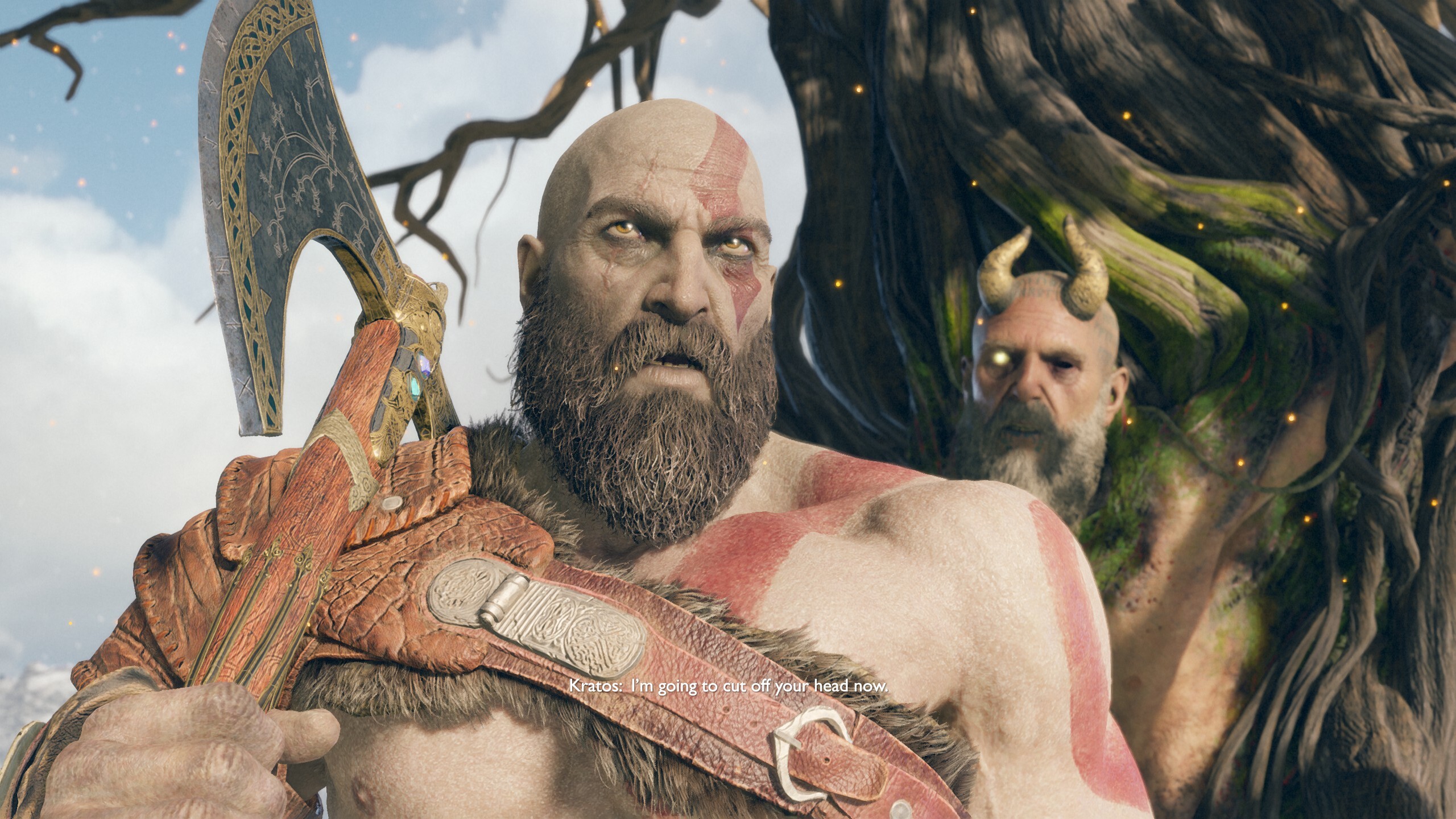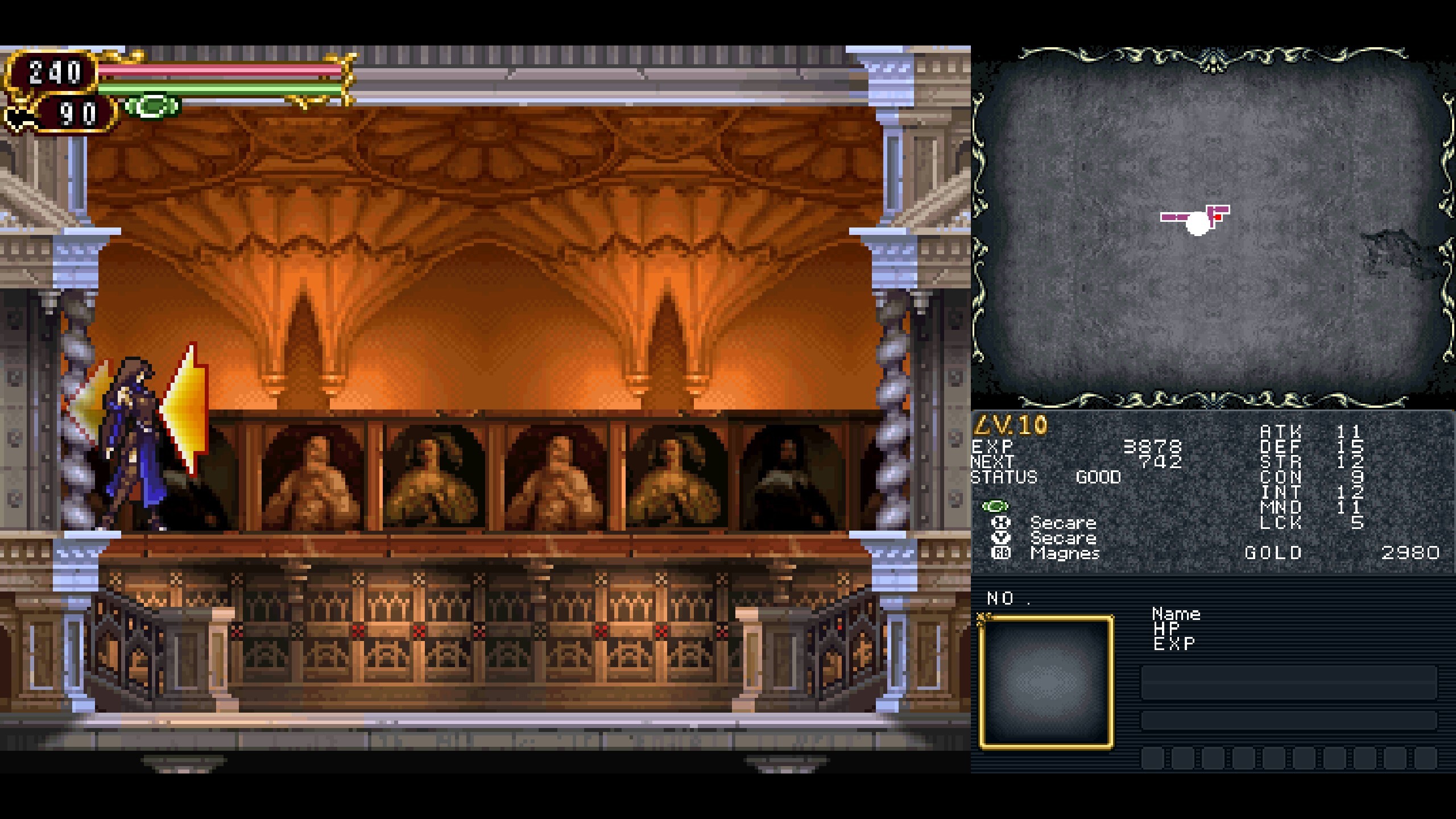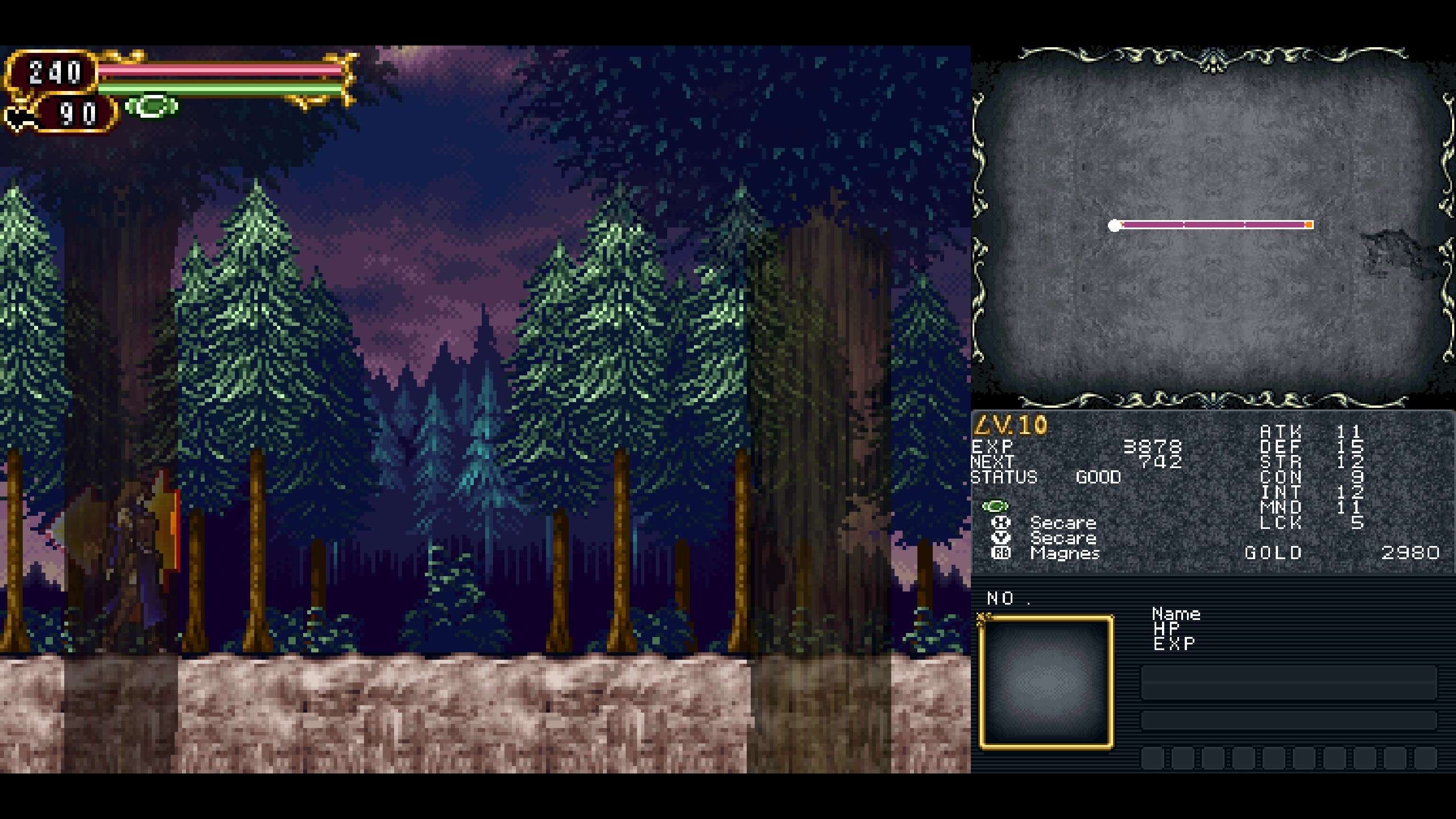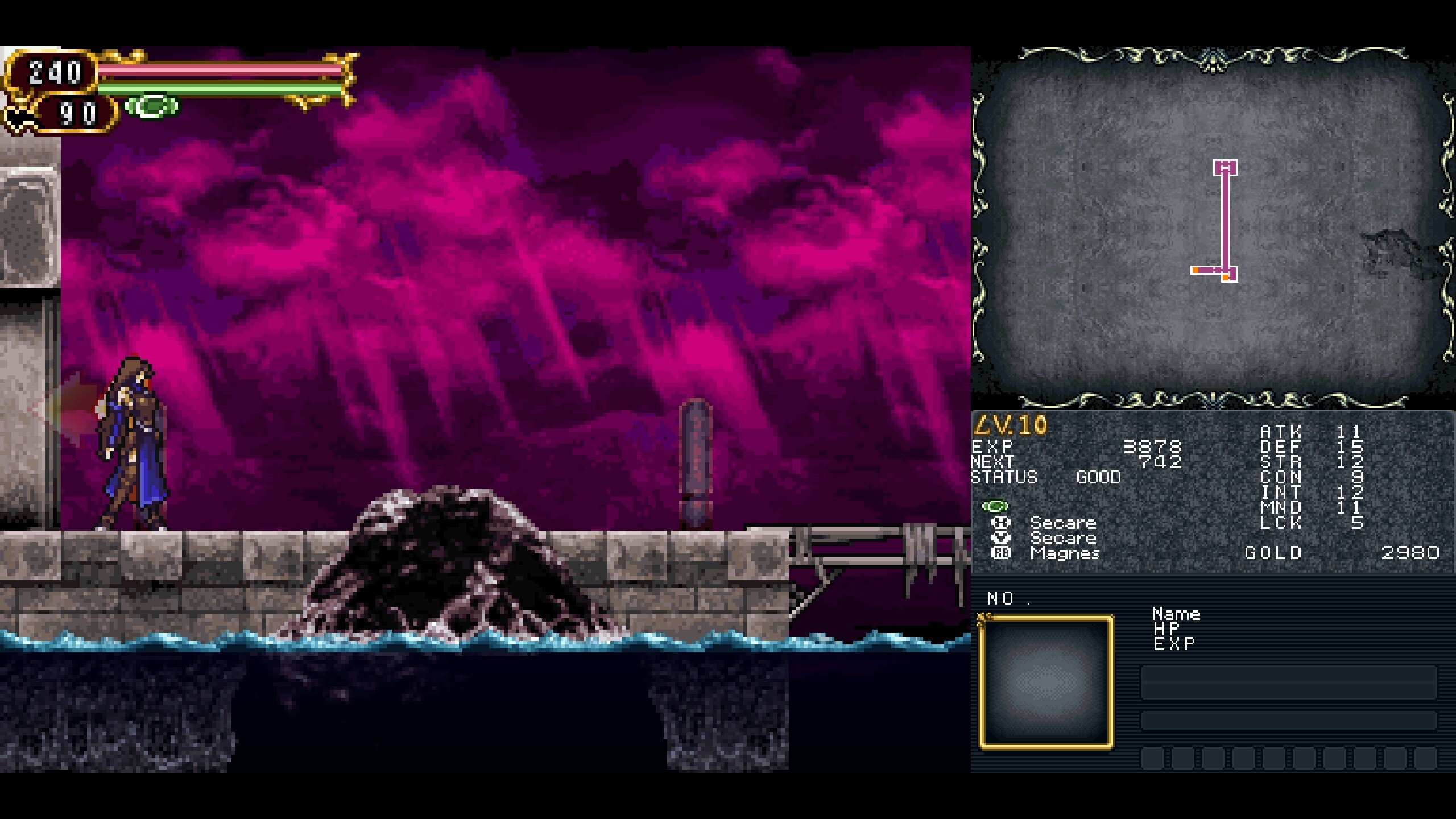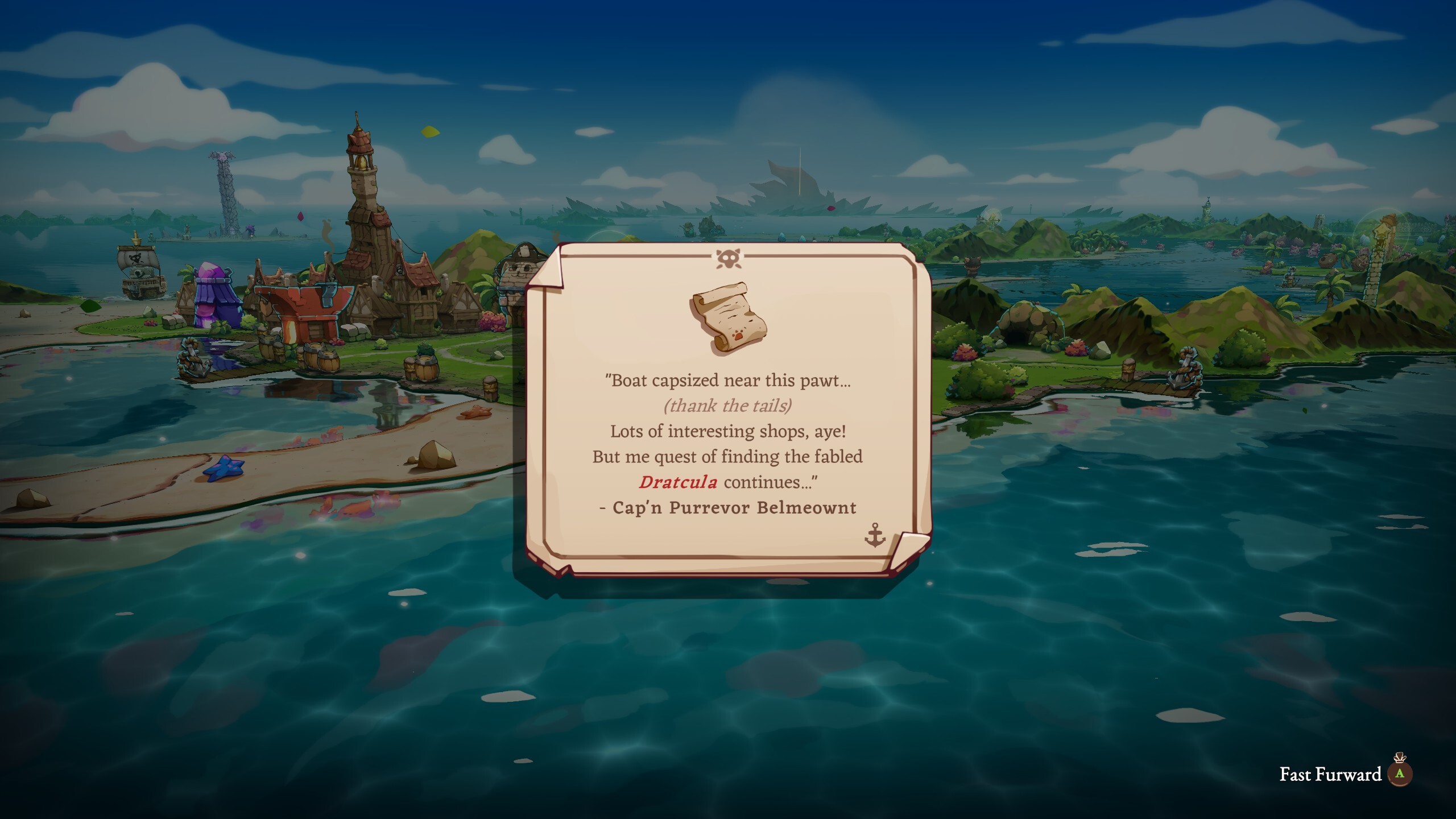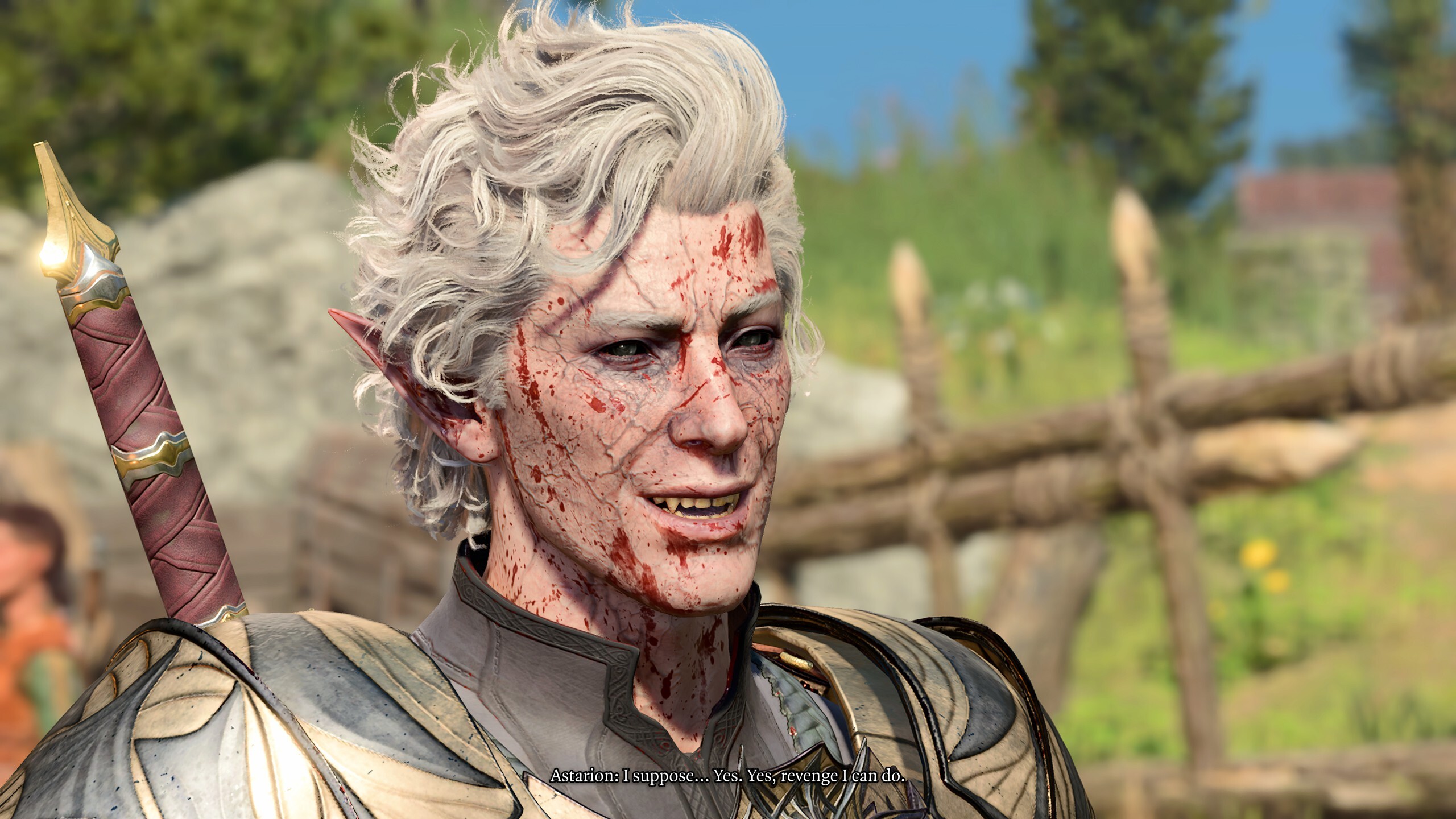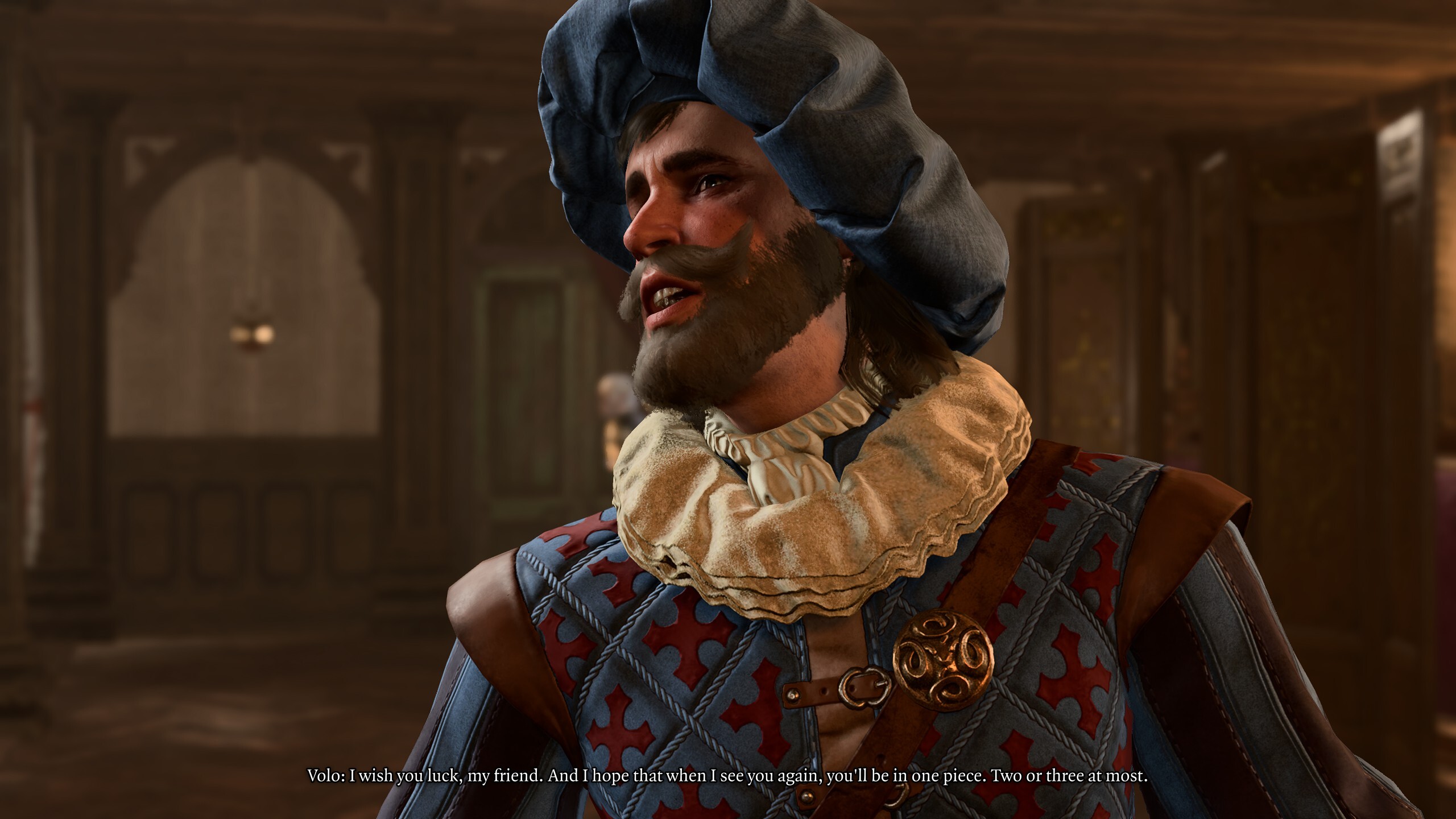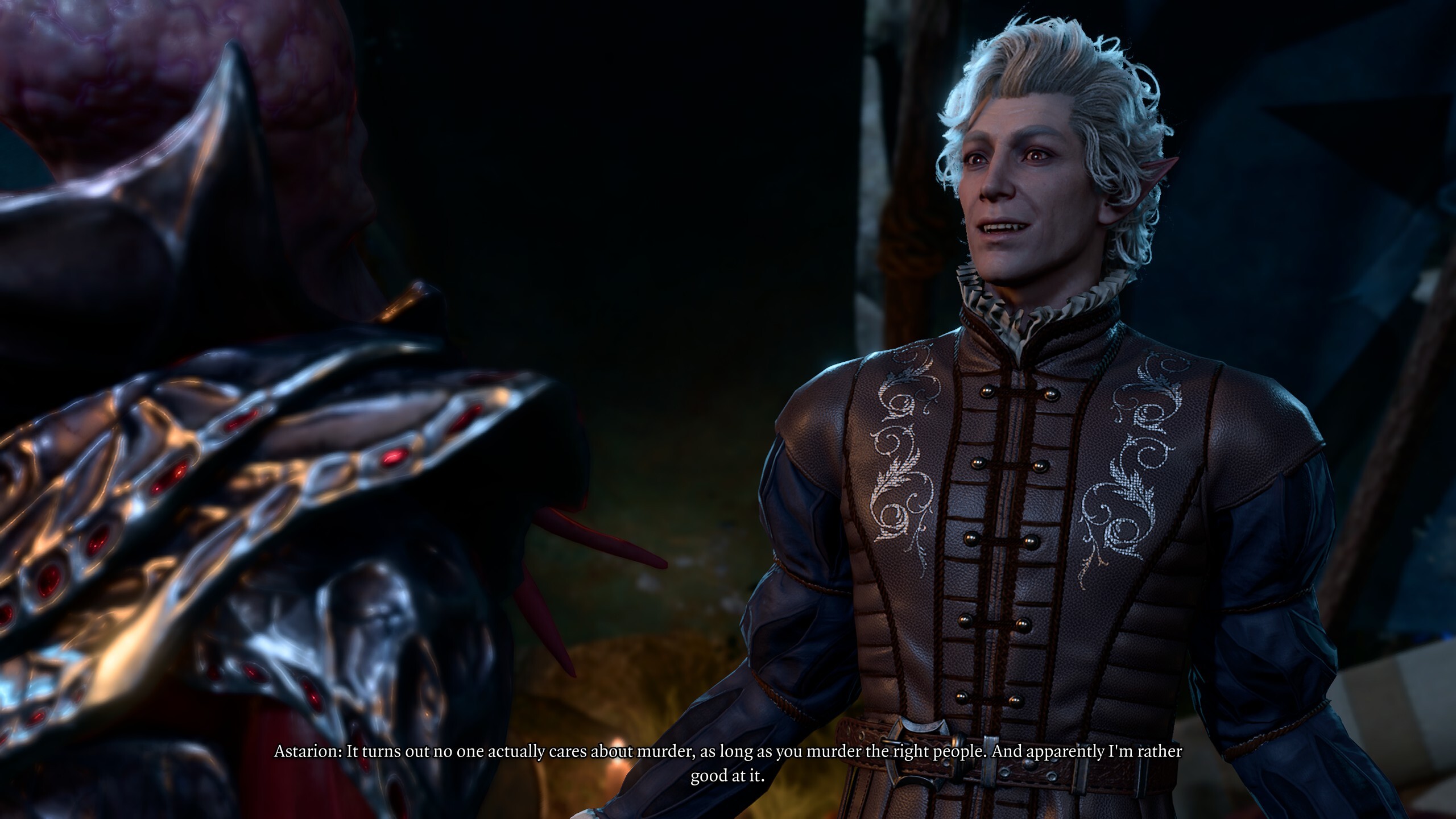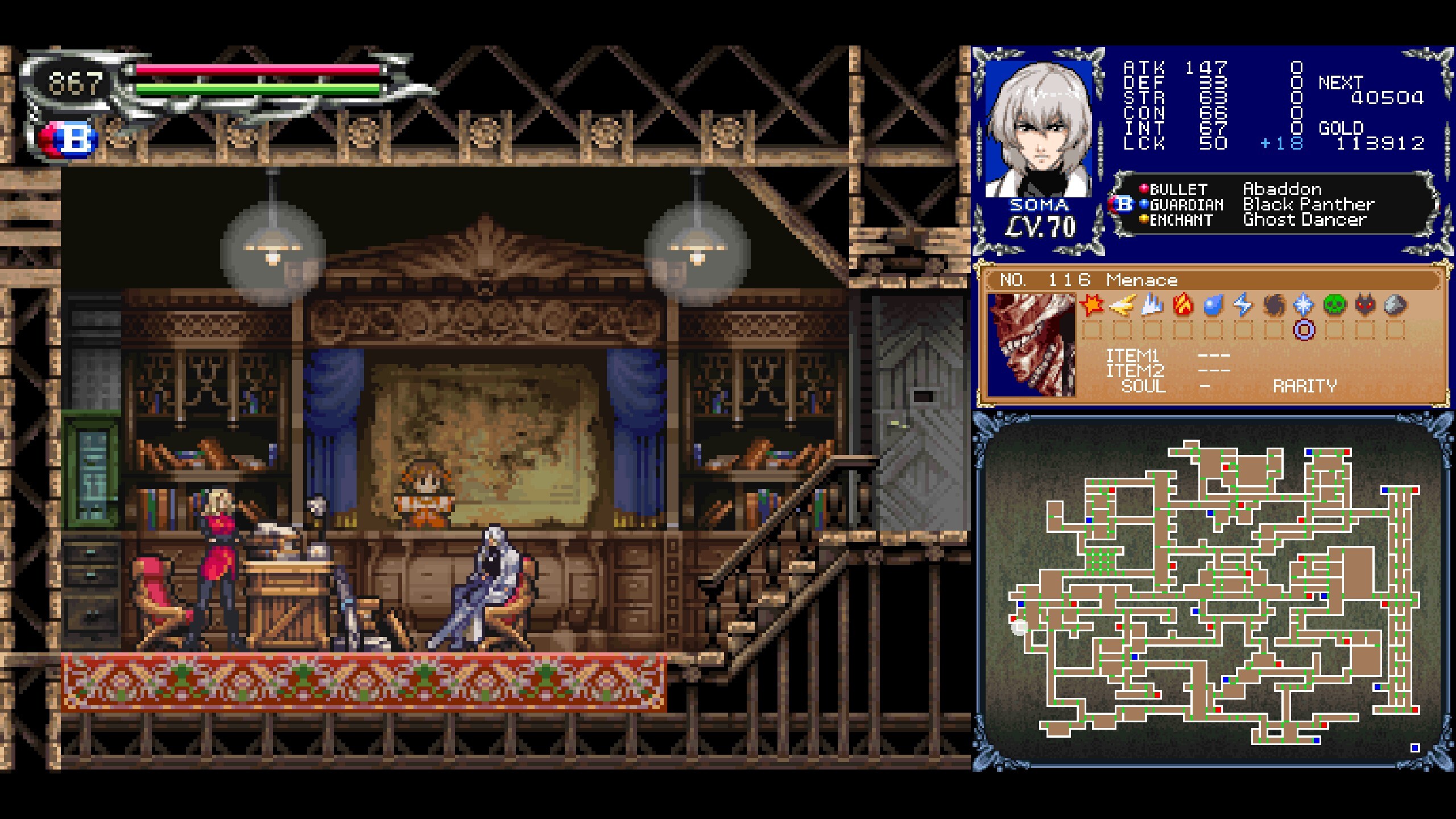Puzzle book of the damned
Logiart Grimoire is a solid nonogram game -- as should be expected, given Jupiter's pedigree. It's loaded with puzzles, 280 just in the main mode!, including some pretty damn big grids, up to 40x30 at their biggest.
But... it's just puzzles.
I'd hoped for more from the game's "story," that its magical mystery tome would set up a narrative adventure like Murder by Numbers, or at least some entertaining characters like Khimera: Puzzle Island. Instead, the titular grimoire is simply a thematic backdrop, and your magic assistant Emil occasionally throws in some trite flavor text.
There's also a "fusion" mechanic which uses riddle-like prompts to unlock new puzzles - like, "Water droplets are dripping steadily from above" is a prompt to select (previously-solved puzzles) Water and Wind to unlock a puzzle for Rain - but these riddles feel more like a chore than a challenge.
I kinda wish that Logiart Grimoire had more mechanical accommodations for its biggest puzzles; without a zoomed view, like Nonogram - The Greatest Painter or Pictopix, navigating huge grids is pretty fiddly and accident-prone.
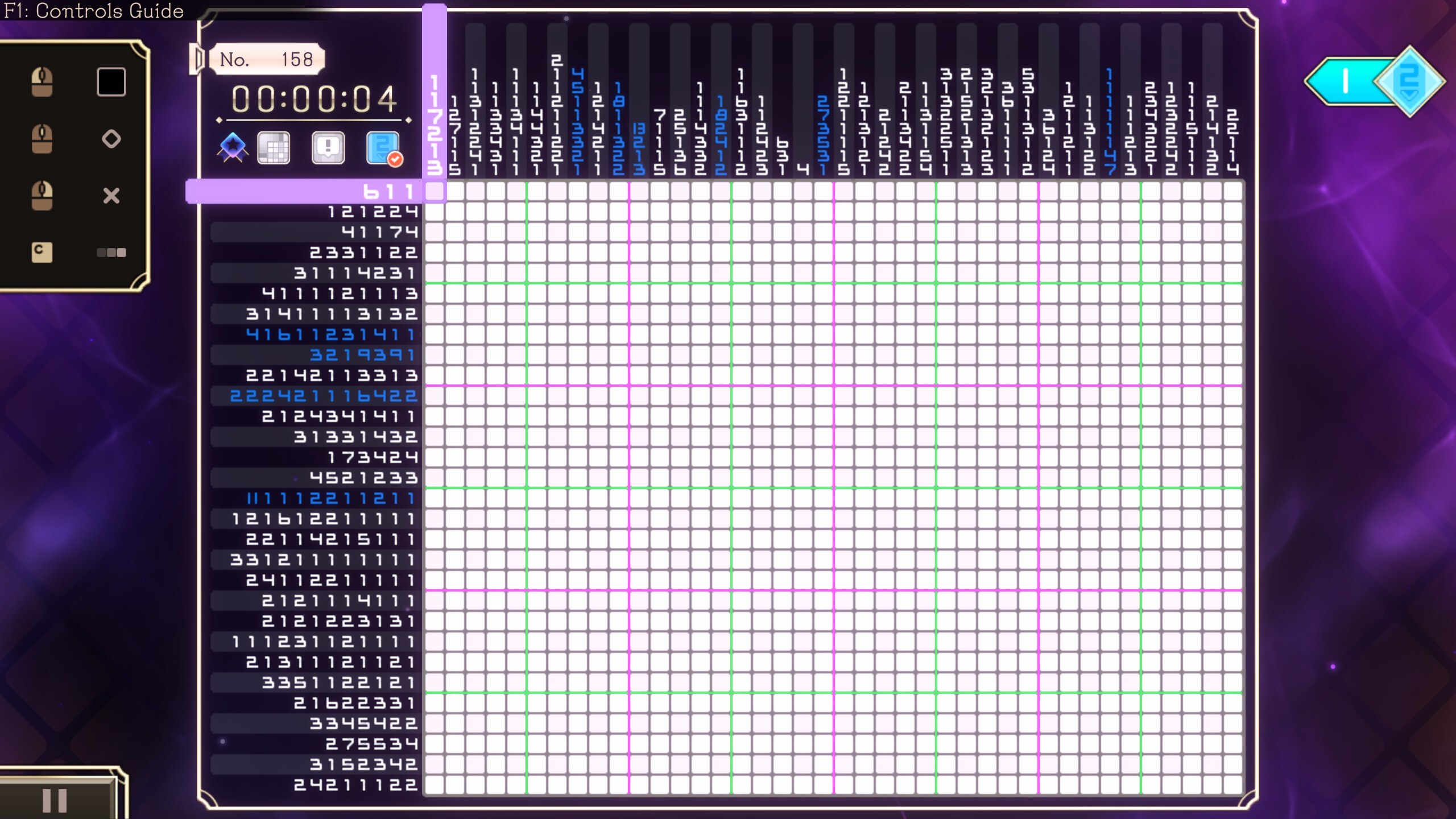
But while a minimal story and scale-limiting mechanics keep Logiart Grimoire from being a great nonogram game, it's nevertheless a solid genre entry, with enough content to occupy an addict like me for 70+ hours of scanning and clicking.
Better than: Picross e, Puppy Cross
Not as good as: Piczle Cross Adventure, Voxelgram
Better (albeit blander) than: PictoQuest: The Cursed Grids
